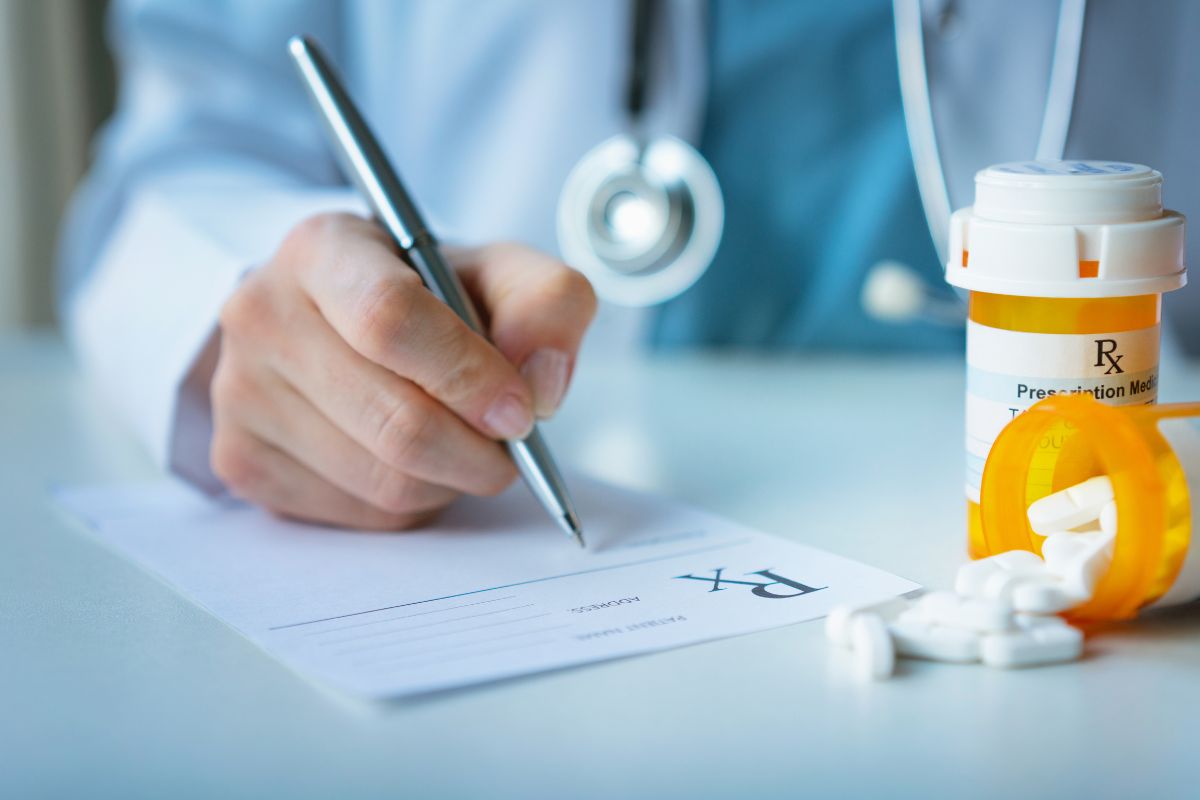How long ADHD medication takes to work depends on the type of medication you have been prescribed. Typically, ADHD medication falls into two categories: stimulants and non-stimulants.
Stimulants become effective fairly quickly, often in less than an hour. Non-stimulants can take days or weeks until their full therapeutic effect is felt.
The three common reasons why people ask how long it takes for their ADHD meds to work relate to their individual responses to medication:
1. Immediate improvement: Some people notice improvements in their ADHD symptoms on the first day of taking their medication. They wonder if their medication could really be working that quickly or whether the difference they felt was a placebo effect.
2. No improvements: Other people have the opposite experience. They start to take medication and do not notice a difference in their ADHD symptoms. They are not sure if it is because of a time delay between taking ADHD medication and it being effective or if their medication isn’t working for them.
3. Not sure: This group is still determining if their medication is working. They think it might be, but any changes are subtle.
Stimulant Medication
Stimulant medications are the first line of ADHD treatment as they are considered to be the most effective in treating symptoms. They act on the central nervous system and increase the number of neurotransmitters in the brain. The increase of dopamine and norepinephrine neurotransmitters means that focus and concentration improve, reducing hyperactivity and impulsive behavior.
There are two groups of stimulant medications—amphetamine and methylphenidate. Here is a list of the common stimulants prescribed for ADHD and how long they typically take to work:
- Ritalin: Ritalin takes 20-30 minutes after swallowing before it starts to work. Immediate-release Ritalin is effective for approximately three hours, and the extended-release (Ritalin SR) lasts approximately eight hours.
- Concerta: Concerta is a long-lasting methylphenidate medication that uses a unique delivery system called OROS (Osmotic Controlled Release Oral Delivery system). Its effects are usually felt within one hour of swallowing the capsule and last between 10 to 12 hours.
- Daytrana: Daytrana is a methylphenidate patch for children to wear. The medication travels through the skin and is absorbed directly into the bloodstream. The patch takes approximately two hours to start working and remains effective between one and three hours after removal. It can be worn for up to nine hours.
- Quillivant XR: Quillivant XR is a methylphenidate liquid formula for children with trouble swallowing pills. It becomes effective within 45 minutes and continues to work for up to 12 hours.
- Focalin and Focalin XR: Focalin and Focalin XR can become effective within 30 minutes of taking the medication. Focalin lasts approximately four hours, and Focalin XR can remain active for up to 12 hours.
- Adderall and Adderall XR: Adderall starts to work approximately 30 minutes to one hour. The effects of Adderall typically begin to wear away after four hours. Adderall XR lasts approximately 12 hours.
- Vyvanse: Vyvanse is a prodrug, which means it needs to be taken orally and metabolized by the body’s enzymes to become effective. Because of this, it can take approximately one to two hours to take effect and lasts approximately 14 hours. It is often described as a smooth drug because there is no jolt to the system when the medication begins to work, and there is less of a medication rebound when it begins to wear off.
- Dexedrine: Dexedrine becomes effective within 30 minutes to one hour. It is available in short-acting tablets, which are effective for about four to six hours. Extended-release capsules of Dexedrine are called Spansules and are effective for approximately eight to 10 hours.
What If My Meds Are Not Working?
If you have been taking ADHD medications and have not experienced an improvement in your symptoms, visit your doctor and explain your experience.
Your doctor will usually start at a low dose and gradually increase the dose until the right therapeutic dose for you is found. This is where there is an improvement in your symptoms without negative side effects.
If higher doses of the medication are not helpful, your doctor might change your medication from an amphetamine ADHD medication to a methylphenidate medication or vice versa. A non-stimulant medication might be suggested, either alone or with a stimulant medication, as another option.
Although some people experience positive results on the first day of taking medication, many people go back and forth with their doctor until they find the right medication and dosage that works for them. Although this can feel disappointing, it does not mean ADHD medication does not work for you. It just means you have not found the right medication and dose yet.
A great way to know if your meds are working is to be strategic! In a notebook, write down the ADHD symptoms you would like to see improvements in. Then, when you start taking medication, document any changes and personal observations and ask your spouse or family members for feedback, too, as they might notice changes you were unaware of. If you are a parent, you can write down the changes you notice in your child, their teacher’s, and your child’s feedback.
In addition to being helpful to you, this information will also be beneficial for your doctor.
Beyond Medication: Holistic Support for ADHD
While medication can play a critical role in managing ADHD symptoms, it’s not the only solution. Combining medication with therapy and lifestyle strategies can offer a more comprehensive approach to living with ADHD.
Therapy for ADHD
Therapy helps address emotional, social, and behavioral challenges associated with ADHD. At The Center for ADHD, our therapists offer:
- Cognitive Behavioral Therapy (CBT): Techniques to manage impulsivity and build better habits.
- Skill-Building Sessions: Tools for time management, organization, and stress reduction.
- Relationship Counseling: Support for navigating challenges in personal and professional relationships.
Lifestyle Strategies
Simple changes in daily habits can make a significant difference. Consider:
- Establishing Routines: Consistent sleep, meal, and activity schedules can stabilize energy and focus.
- Incorporating Exercise: Physical activity can improve mood and cognitive function.
- Mindfulness Practices: Techniques like meditation or deep breathing to manage stress.
Finding Your Path with The Center for ADHD
Navigating ADHD is a journey, and the right support can make all the difference. At The Center for ADHD, we’re here to help you develop a personalized plan incorporating medication, therapy, and lifestyle strategies tailored to your needs.
Ready to Take the Next Step?
Understanding how ADHD medication works is just the beginning. Partnering with a trusted expert can help you find the right balance of treatments to thrive.
Book a Free Consultation Today and take control of your ADHD journey.



